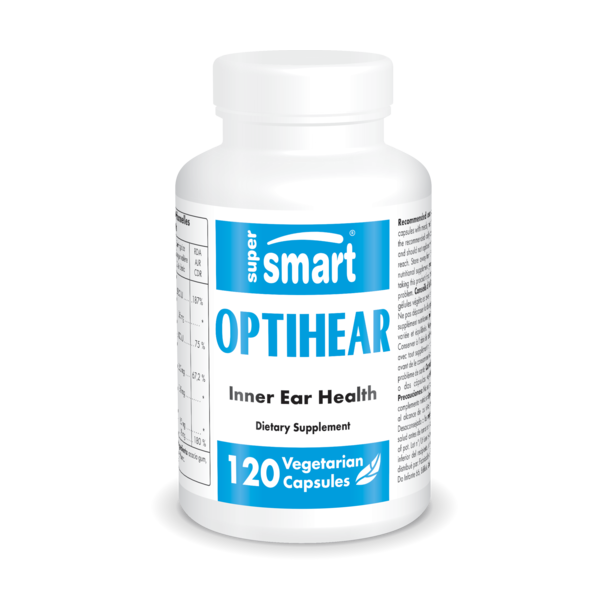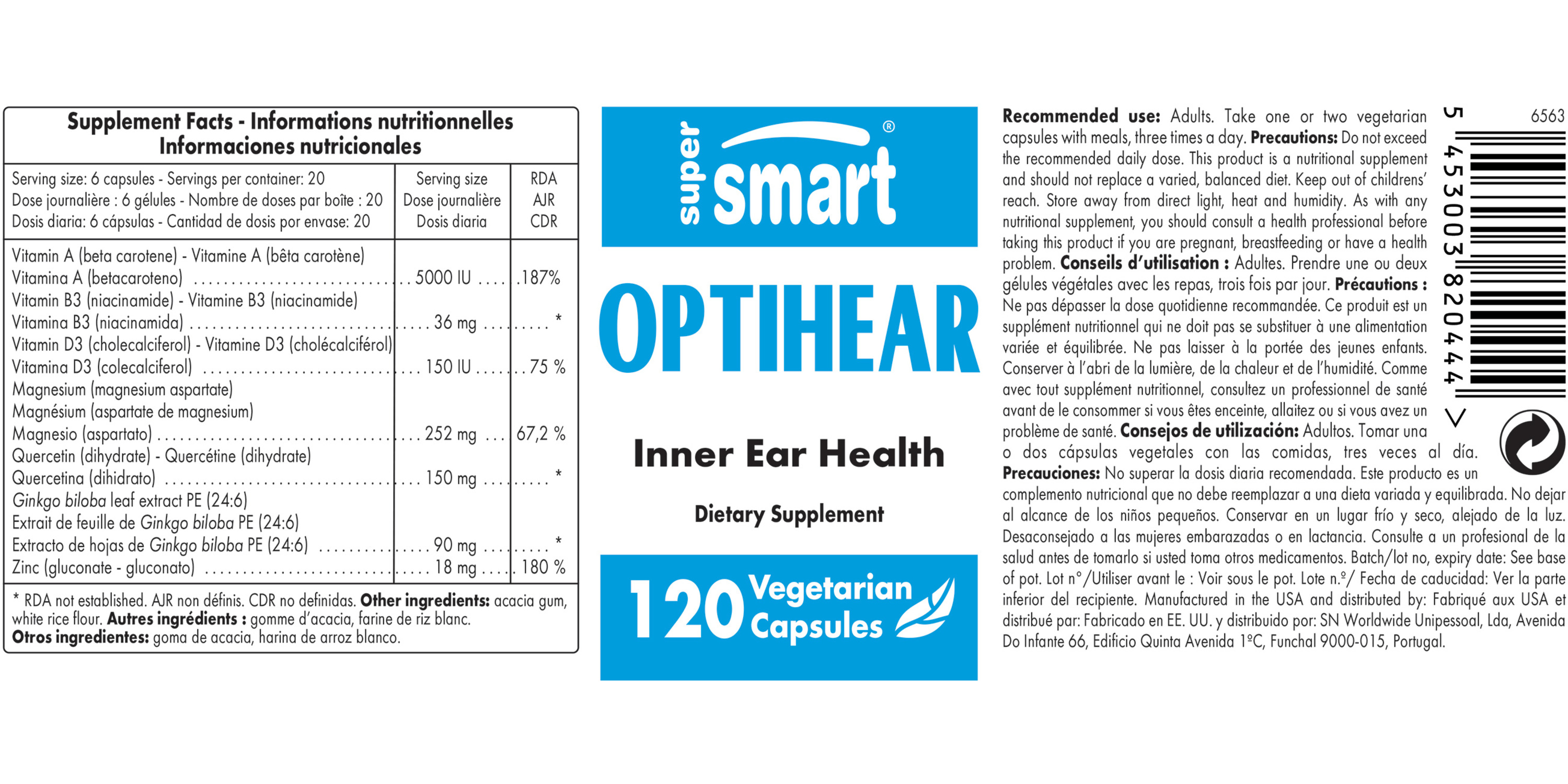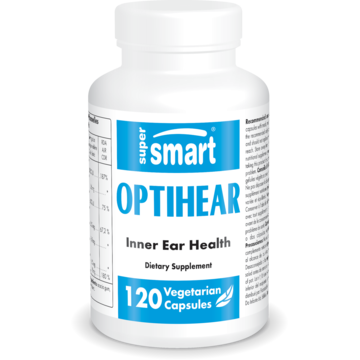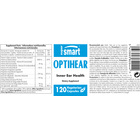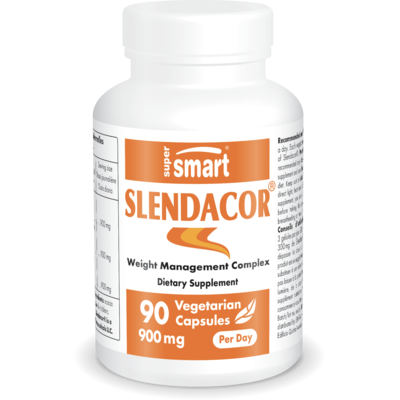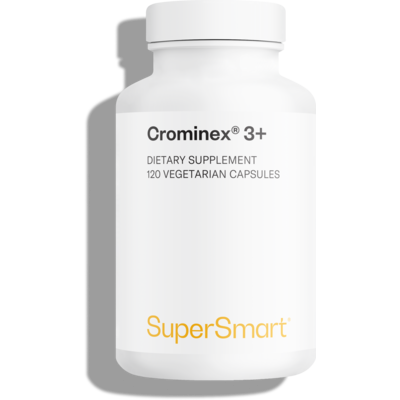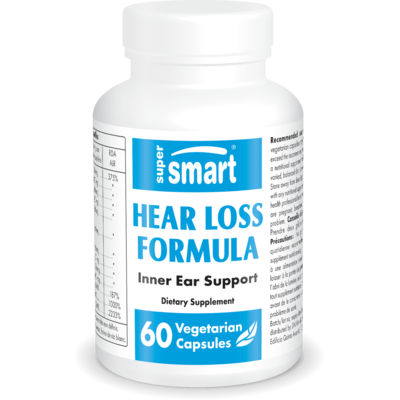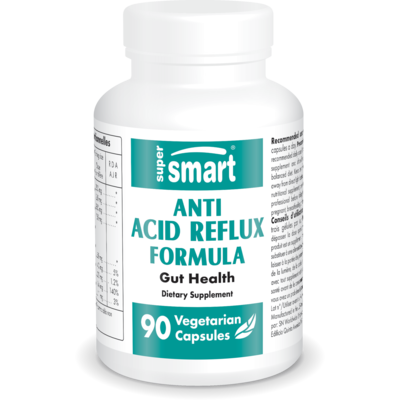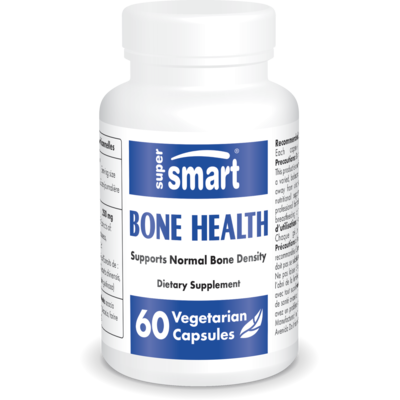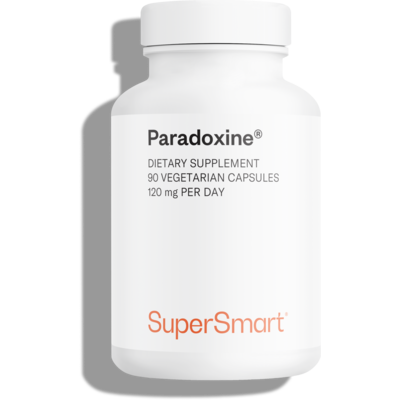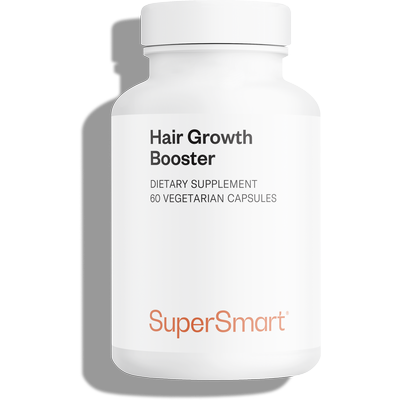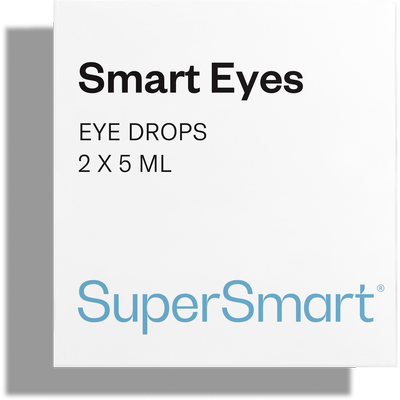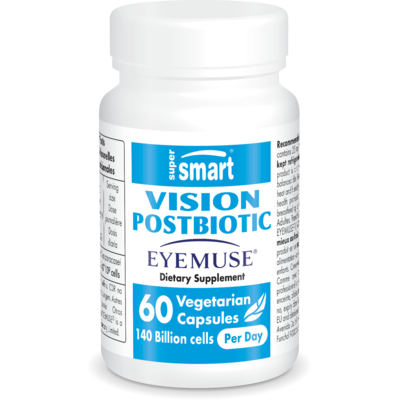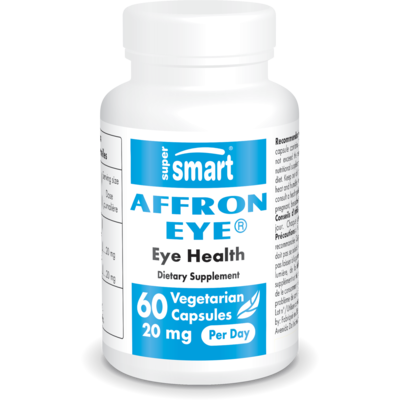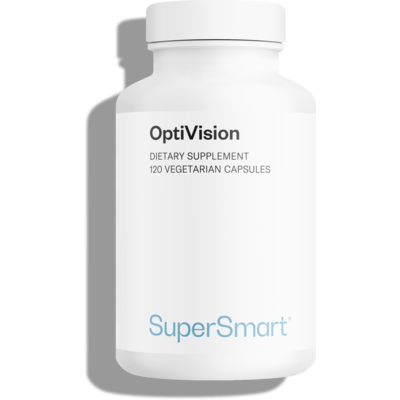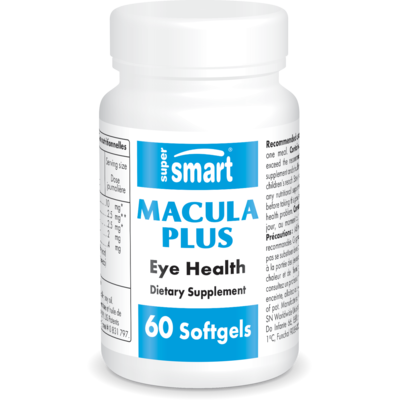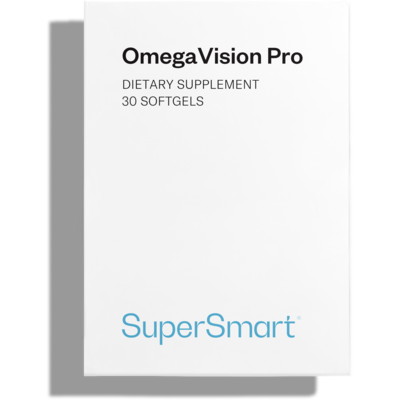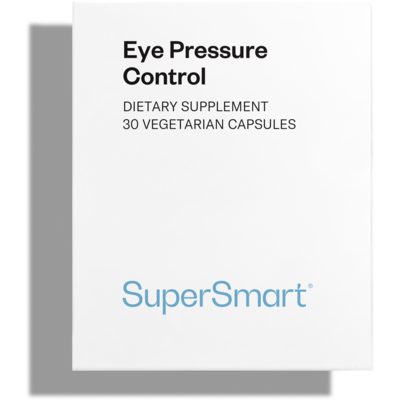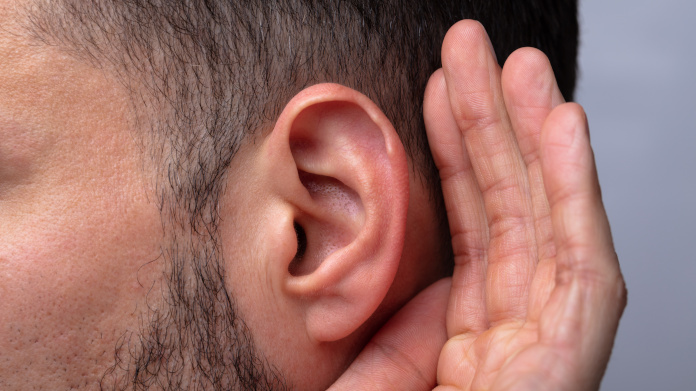Create Your Offer
Optihear is a natural supplement that contains vitamins, minerals, and plant extracts. It has been developed to respond to the increase in presbycusis (age-related hearing loss, in which there is a decline in the ability to hear and distinguish high-pitched sounds), and noise-related hearing loss.
What is in OptiHear?
Optihear has been developed in line with the latest scientific data. Its star ingredient is Ginkgo biloba, a plant traditionally used for normalizing circulation, and which acts on hearing problems in two ways:
- It contains flavonoids (ginkgoflavonglycosides) which help to relax capillary resistance, increase blood flow to the inner ear, and combat platelet activating factor which encourages blood viscosity and inflammation of blood vessels (14-15). They also act as ‘body armor’ against the oxidative agents responsible for the deterioration in hearing, and thin the blood.
- It also contains terpene lactones (particularly bilobalides) which strengthen the neural circuits involved in hearing. They help to increase mitochondrial energy production in neurons and reduce the presence of oxidizing elements.
Thus, in a clinical trial, ginkgo biloba supplementation (240mg/day) was shown to restore auditory function in those with partial hearing loss (1).
It also contains:
- Vitamin D3. An invaluable nutrient which helps to maintain normal blood levels of calcium.
- Magnesium. A mineral salt essential for health in general, and crucial for the transmission of nerve impulses from the ear.
- Quercetin. A renowned flavonoid.
- Vitamin B3. A vitamin that supports healthy function of blood vessels in the ear and nervous system.
- Vitamin A. Vitamin A contributes to the maintenance of normal mucous membranes and the normal functioning of the immune system.
- Zinc. An essential mineral that supports normal cognitive function and protects cells in the ear against oxidative stress.
What is age-related hearing loss?
Age-related hearing loss is the result of inevitable deterioration of the auditory system. Over time, the 30,000 hair cells in the inner ear (which detect sounds) permanently disappear or stop working. Like longsightedness, it develops after the age of 50 and affects the highest frequencies in particular, as this type of frequency is encoded by the most complex hair cells.
The best way of reducing its intensity is to combat the free radicals produced in the ear. Capable of altering the ear’s cells, these free radicals are generated by numerous factors such as smoking, excess weight, poor diet, most popular non-prescription medications (which are ototoxic), and above all, noise, whether chronic or occasional. A number of studies have shown that excessive noise causes mechanical and irreversible damage to the cochlea throughout life. If the noise is loud enough, the free radicals will cause the death of many cells, producing a vasoconstrictive reaction (narrowing of the blood vessels) in the ear, which generates even more free radicals (2-4), as happens with a heart attack. After several decades, the accumulation of cell deaths manifests in incapacitating hearing loss, though it’s really after the age of 50 that things start to accelerate.
What natural ways are there of combatting this process?
To counter this process, the body uses antioxidants. While it is able to produce them itself, the diet also provides antioxidants, both in dietary compounds that facilitate endogenous production, as well as ready-formed exogenous antioxidants (such as glutathione).
OptiHear has been developed as a natural weapon against this process. With its carefully-selected ingredients, it helps to:
- Promote dilation of the small blood vessels in the inner ear to prevent and repair free radical-induced damage to the cochlea, and even partially restore lost hearing.
- Increase endogenous production of the most effective antioxidants for hearing, such as superoxide dismutase and glutathione. This is one of magnesium’s roles.
What are the symptoms of age-related hearing loss?
Presbycusis has a number of symptoms. If you have already experienced any of those listed below, it’s time to take action:
- Reduced ability to hear dialogue in noisy environments (group exchanges).
- Recurring tinnitus.
- The constant feeling that the person speaking is mumbling.
- Having to ask people to repeat themselves.
If you don’t have any of these symptoms but are aged over 60, there is still time to think about prevention.
5 good reasons to prevent hearing loss
- Hearing loss puts people at a distinct disadvantage: fewer interactions with those around them, gradual exclusion, loss of esteem, depression, lack of confidence, increasing difficulty communicating …
- The longer you wait to act, the more the neural circuits lose their ability to hear complex sounds and the worse the hearing loss becomes. It’s a vicious circle.
- A recent study demonstrated a link between age-related hearing loss and cognitive decline. Problems with hearing may hasten the development of a number of cognitive impairment issues.
- As many as 70% of 70-year-olds are believed to have significant hearing problems. According to the WHO, 1 in 4 people globally are expected to have a hearing problem by 2050.
- It’s difficult to overcome using drugs because the inner ear contains a fluid that is constantly sweeping away substances supposed to treat the dysfunction.
How should Optihear be taken?
We recommend taking 1-2 vegetarian capsules, three times a day.
Alongside supplementation, it’s also a good idea to:
- Commit to eating a balanced diet, packed with antioxidants (fruit, vegetables, spices, seeds …).
- Avoid high noise levels as much as possible.
- Participate fully in social interactions and re-engage with group activities.
- Significantly increase your level of physical activity. Regular exercise improves the circulation in the inner ear by engaging the cardiovascular system (5).
Note: in the case of even minor hearing loss or problems, see an ENT specialist without delay to have a hearing test and implement any recommendations they make.
WARNINGS
Do not exceed the recommended daily dose. This product is a nutritional supplement and should not be used as a substitute for a varied and balanced diet or a healthy lifestyle.
STORAGE
Store in a cool, dry place away from direct sunlight, heat, and humidity. Keep out of reach of children.
PREGNANCY AND MEDICAL CONDITIONS
If you are pregnant, breastfeeding, or have any medical conditions, consult your healthcare provider before using this product.
SUPPLEMENT INTERACTIONS
Consult your healthcare provider before use, especially if you are taking any medications or other supplements as there may be potential interactions.
Need Help?
Phone
+1 (786) 522-3907
From 9 am to 6 pm (EST)
You May Also Like

